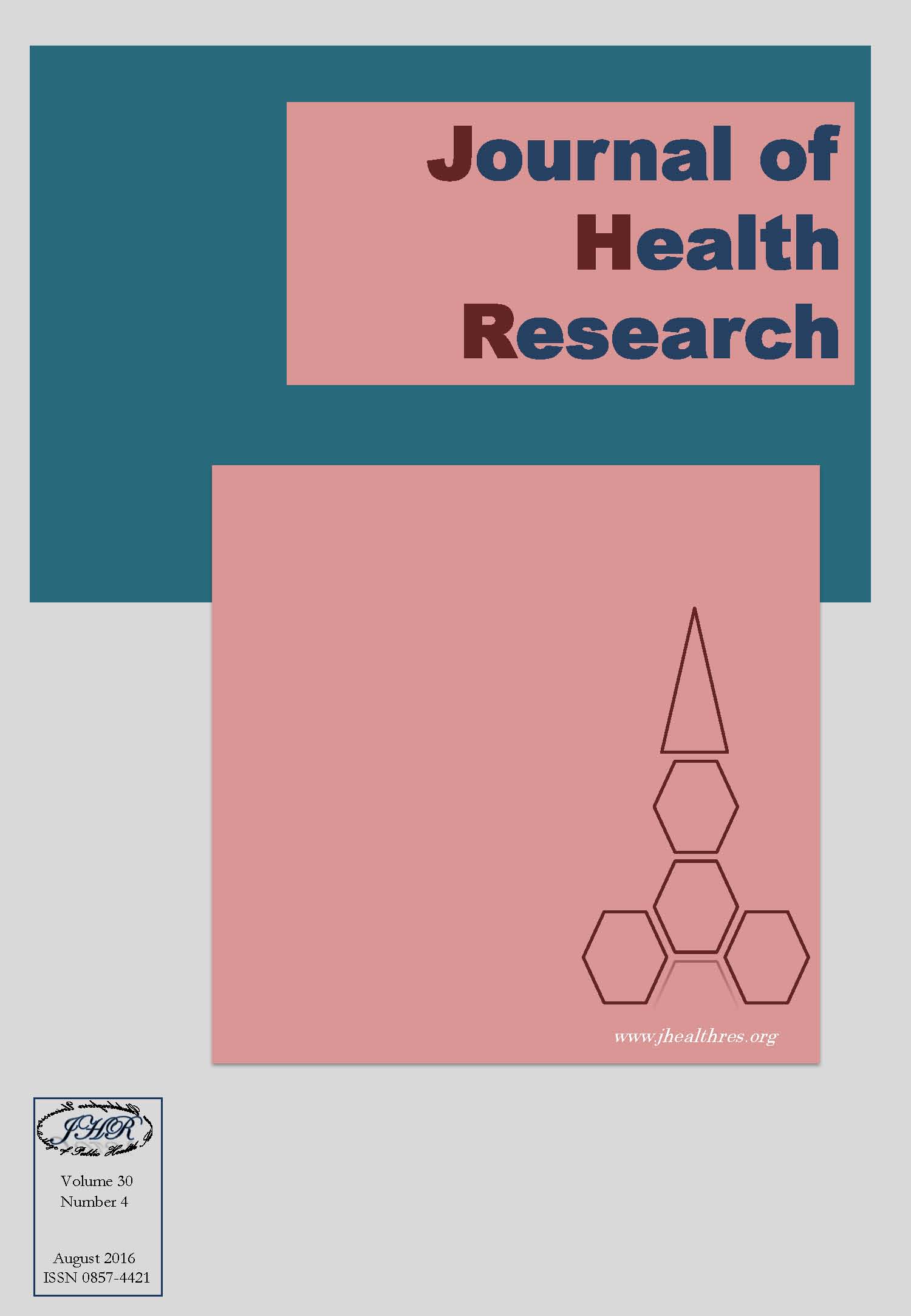Influence of husband support on complication during pregnancy and childbirth in Indonesia
Keywords:
Maternal health, Women education, Husband support, IndonesiaAbstract
Background: High complication during pregnancy and childbirth and mortality is still an important problem in Indonesia. The maternal health is also one of the husband’s responsibilities as a partner support in the family which could influence women's access to maternal health services and etheir health outcomes. At present, it is unclear whether involving men in maternal health can improve maternal outcomes. The objective of this study was to investigate the associations between socio-demographic factors, husband support and last pregnancy problems among married women (aged 15-49 years) in Indonesia.
Method: The data were obtained from the 2012 Indonesia Demographic and Health Survey (IDHS). Descriptive analysis and Multilevel logistic regression were implemented to assess differences in women who had partner support during their pregnancy and those who did not, and their pregnancy outcomes, controlling by region as the random effect parameter.
Results: There were 5,052 respondents. The majority of age at childbirth was 20-34 years old accounted for 70%. The educational level of both husband and wife were mostly in the secondary education (55.3% and 55.6%, respectively). A 53.0% of women were employed while almost all men had an occupation. It was found that husband accompanied women during antenatal care visit (74.4%) and during delivery (59.8%). This study yielded the 64.8% of the sample presented the maternal morbidity during pregnancy and at delivery. A multilevel model showed that there were significant positive effects of maternal age at delivery, maternal education, maternal occupation, husband support during pregnancy and at delivery toward maternal morbidity, after controlling the region.
Conclusion: Our results found that complication during pregnancy and childbirth was statistically significantly associated with husband support and maternal characteristic. This suggested that government policy regarding women’s should emphasize the importance of women’s education, and also indicated a potential role of spouse relationship in maternal health interventions.







